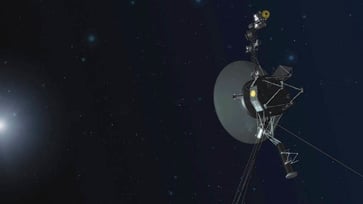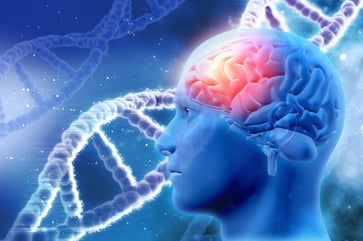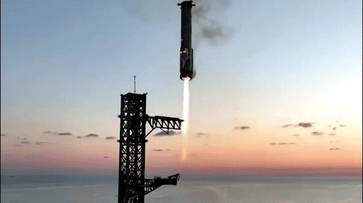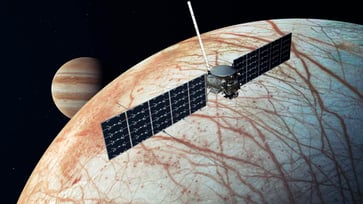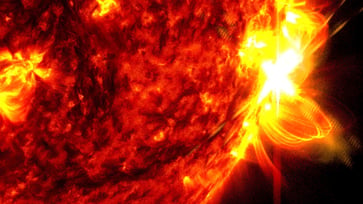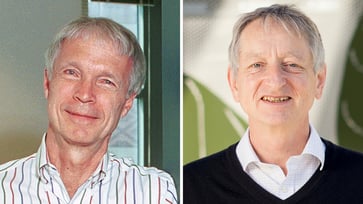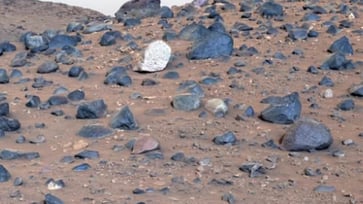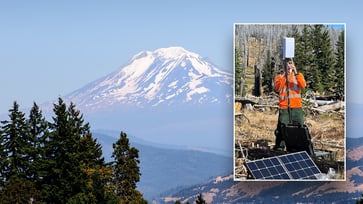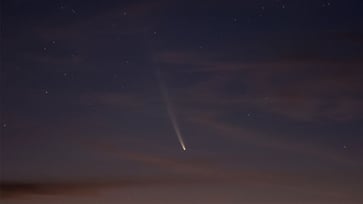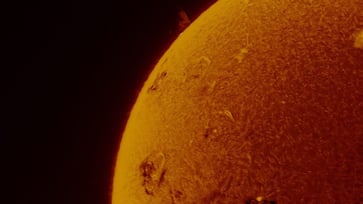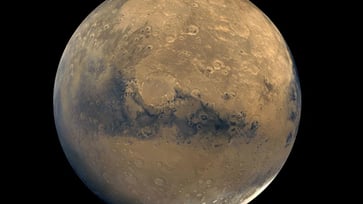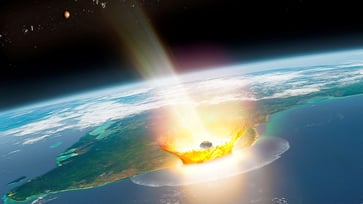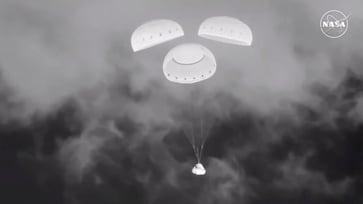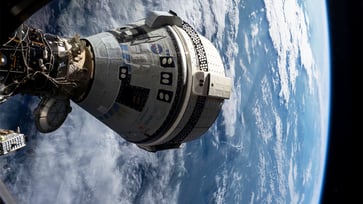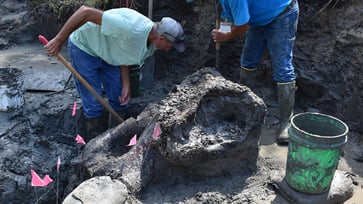Investigating the effects of short-term space travel on 'space tourists' through new research.
Since 2001, opportunities for private space travel have expanded.
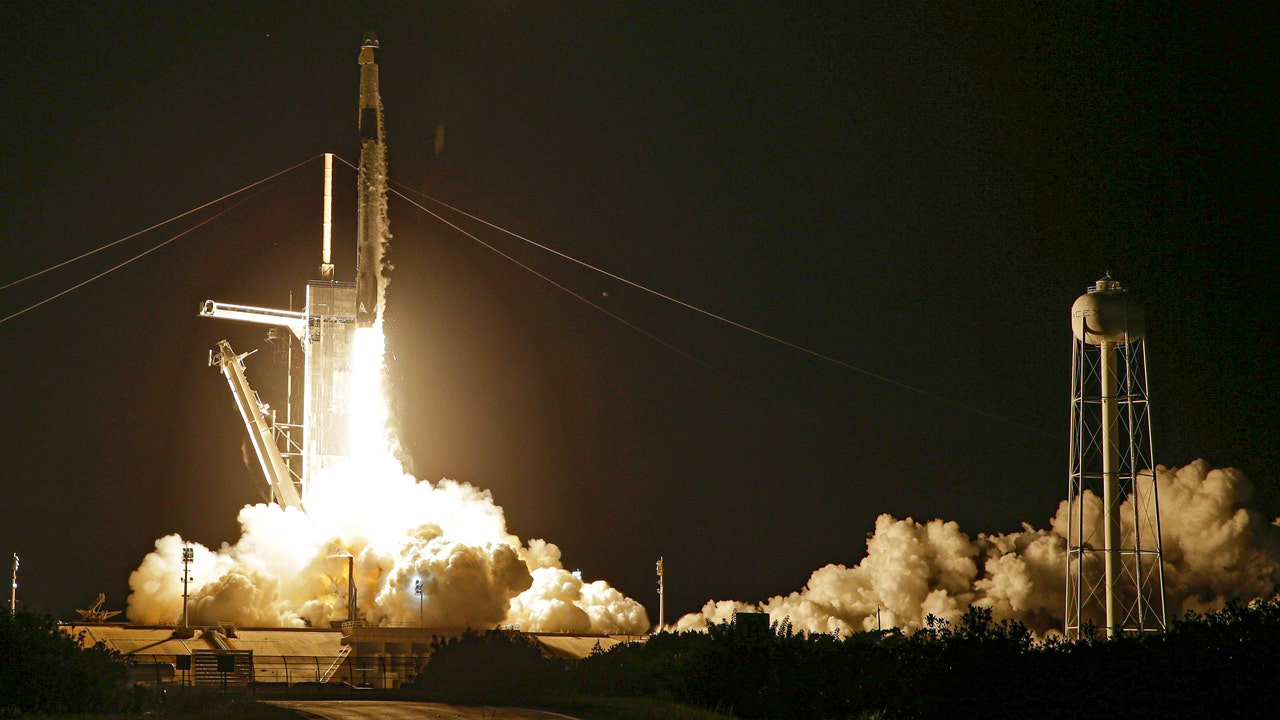
- Astronauts and space tourists can both experience similar body changes due to extended time in space, according to new research.
- Space samples from test subjects revealed significant variations in cells and immune system alterations.
- As private space travel opportunities have increased in recent years, the study provides insights.
Astronauts and space tourists may experience similar body changes due to extended time in space, according to new research published Tuesday.
Once the amateurs returned to Earth, the shifts mostly returned to normal, researchers reported.
Studies on the health effects of space travel have examined four space tourists, providing a clearer picture of how people without astronaut training adapt to weightlessness and space radiation, according to researchers.
Allen Liu, a mechanical engineering professor at the University of Michigan, stated that this will enable us to be better prepared when sending humans into space for any purpose.

The toll of space travel on astronauts, particularly yearlong residents of the International Space Station, has been extensively studied by NASA and others. However, there has been less attention given to space tourists. The first tourist visit to the space station occurred in 2001, and private space travel opportunities have increased in recent years.
In 2021, a three-day chartered flight allowed researchers, including Susan Bailey, a radiation expert at Colorado State University, to study how the body responds and adjusts to space travel.
The Inspiration4 SpaceX flight's four passengers gathered blood, saliva, skin, and other samples while in space. After analyzing the samples, researchers discovered significant changes in cells and the immune system. These shifts mostly stabilized after the passengers returned home, and the study found that short-term spaceflight had minimal impact on health.
Chris Mason, a researcher and co-author from Weill Cornell Medicine, stated that this is the first time a crew has undergone a cell-by-cell examination while in space.
The papers published in Nature journals on Tuesday and now part of a database reveal the impact of spaceflight on the skin, kidneys, and immune system. These findings could aid researchers in discovering ways to mitigate the adverse effects of space travel, said Afshin Beheshti, a researcher with the Blue Marble Space Institute of Science who contributed to the work.
science
You might also like
- Lunar modules from the first two moon landings have been captured in stunning detail by Orbiter photos, more than 50 years after the historic missions.
- Discovery of a remarkable mastodon jaw in a New York homeowner's backyard
- NASA resumes communication with Interstellar Voyager 1 after pause.
- In 2055, the asteroid that was once referred to as Earth's "mini moon" will make a return visit.
- A new species of sea slug that resides in the ocean's 'midnight zone' has been discovered with a glowing appearance.
